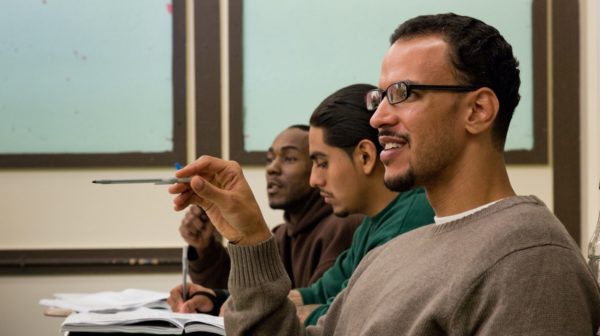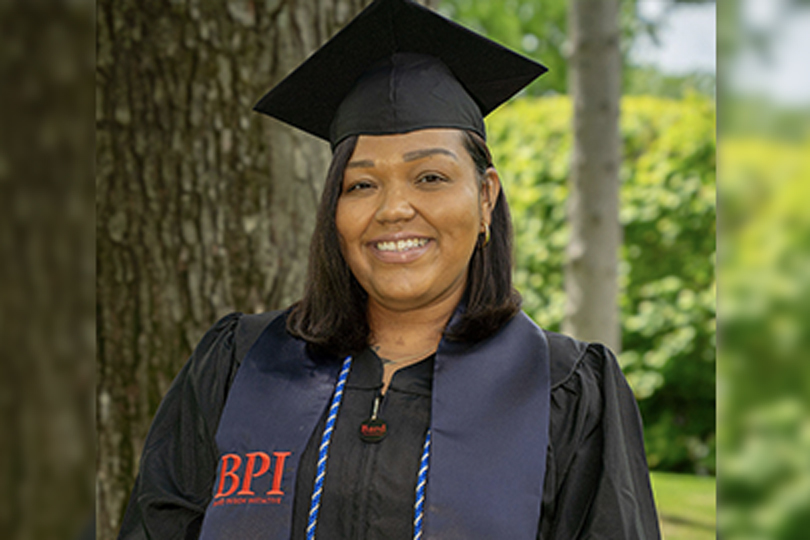BPI Alumna Stacy Burnett ’20 describes the value her BPI college education has had on her life and her career, and why it’s important that New York State reinstate tuition assistance for incarcerated students in this op-ed that was first published in the New York Daily News and is reproduced below.

(Pete Mauney)
My dedication to serving and protecting the health of the people in New York City began in a cramped classroom in Taconic Correctional Facility as prisoner 09G0379. Today, I am one in an army of public health advisers working to save the lives of our neighbors.
We are exhausted. Our floors aren’t getting vacuumed and we are living off frozen dinners and fast food, but reducing the number of COVID infections is worth it. Our work is largely invisible; success in public health is often what you don’t see. In the era of COVID, every empty ICU bed is an indication we are winning.
There were over 300 women in the prison where I received my education. Their pathway to prison was sewn into the fabric of their origins much the same way the pathway to college is stitched into middle and upper-class communities. Obtaining even a high school education was formidable when every day presents a struggle against homelessness, food insecurity, abuse and even technology knowledge gaps. Our failure to address the inequities in these communities contributes to incarceration.
Just 15 of those 300 women were able to attend BPI. Expanding funding for prison education ensures a prison compound can hold the same promise as a college campus. We can break the cycle of inequity and tap the potential of people in prison with a simple investment in college coursework.
Amid the chaos of social and political reckonings, the restoration of Pell Grants for incarcerated people in the latest federal stimulus package is one positive response to the pandemic. It’s time for New York to do the same and heed the clarion call for change by restoring Tuition Assistance Program (TAP) funding for higher education in its prisons.
Expanding prison education opportunities through TAP restoration would have an exponentially beneficial outcome and substantially improve the quality of life for all New Yorkers. My education allows me to remain financially secure at a time many people are struggling. What matters even more right now is that my education has made me an empathetic, diligent and highly efficient professional.
Bard Prison Initiative sets high expectations for its students, and when we return to our communities, we bring those lessons home with us. I accept every challenge, take the tough cases, keep up with the ever-evolving science of COVID and field questions off the clock. I’m usually one of the last to leave my shift, and there is a poorly scrawled sign that reads “You are saving lives” next to the light switch.
Pell restoration alone is not enough to correct the inequities baked into many of our systems. I’ve heard people suggest that TAP restoration for prison education is somehow robbing ordinary families of the opportunity to afford college. Nonsense. This is not a radical notion. TAP restoration for prison education simply follows the course-correction undertaken at the national level and acknowledges the inherent dignity of all people.
New York has a long road ahead in its recovery. COVID did not create the current social, health and economic inequities plaguing our most vulnerable people; the pandemic simply revealed how embedded the disparities are. Now is the time to honestly assess how we arrived at this moment, and then summon the courage to reimagine a better future for our hardest-hit communities. Restoring TAP funding for prison education invites everyone to the table of redemption — even those responsible for eliminating the funding a quarter-century ago.
Burnett is an alumnus of Bard Prison Initiative.



